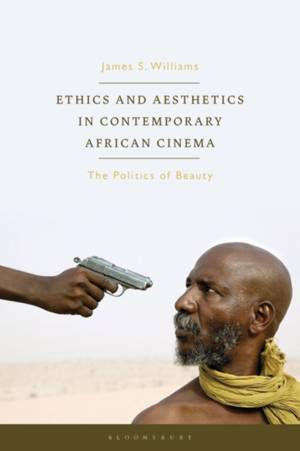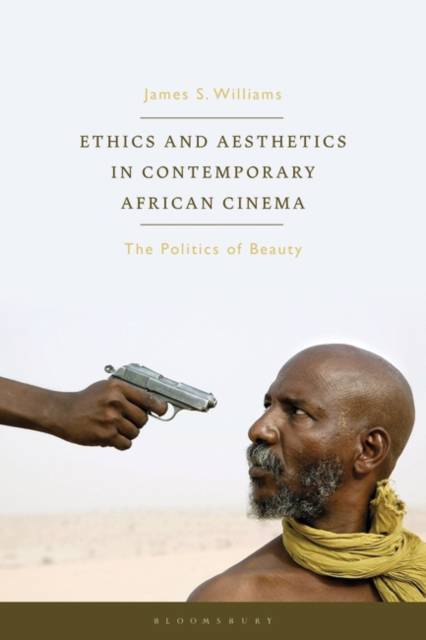
- Afhalen na 1 uur in een winkel met voorraad
- Gratis thuislevering in België vanaf € 30
- Ruim aanbod met 7 miljoen producten
- Afhalen na 1 uur in een winkel met voorraad
- Gratis thuislevering in België vanaf € 30
- Ruim aanbod met 7 miljoen producten
Zoeken
€ 254,45
+ 508 punten
Omschrijving
Since the beginnings of African cinema, the realm of beauty on screen has been treated with suspicion by directors and critics alike. James S. Williams explores an exciting new generation of African directors, including Abderrahmane Sissako, Mahamat-Saleh Haroun, Fanta Régina Nacro, Alain Gomis, Newton I. Aduaka, Jean-Pierre Bekolo and Mati Diop, who have begun to reassess and embrace the concept of cinematic beauty by not reducing it to ideological critique or the old ideals of pan-Africanism.
Locating the aesthetic within a range of critical fields - the rupturing of narrative spectacle and violence by montage, the archives of the everyday in the 'afropolis', the plurivocal mysteries of sound and language, male intimacy and desire, the borderzones of migration and transcultural drift - this study reveals the possibility for new, non-conceptual kinds of beauty in African cinema: abstract, material, migrant, erotic, convulsive, queer. Through close readings of key works such as Life on Earth (1998), The Night of Truth (2004), Bamako (2006), Daratt (Dry Season) (2006), A Screaming Man (2010), Tey (Today) (2012), The Pirogue (2012), Mille soleils (2013) and Timbuktu (2014), Williams argues that contemporary African filmmakers are proposing propitious, ethical forms of relationality and intersubjectivity. These stimulate new modes of cultural resistance and transformation that serve to redefine the transnational and the cosmopolitan as well as the very notion of the political in postcolonial art cinema.
Locating the aesthetic within a range of critical fields - the rupturing of narrative spectacle and violence by montage, the archives of the everyday in the 'afropolis', the plurivocal mysteries of sound and language, male intimacy and desire, the borderzones of migration and transcultural drift - this study reveals the possibility for new, non-conceptual kinds of beauty in African cinema: abstract, material, migrant, erotic, convulsive, queer. Through close readings of key works such as Life on Earth (1998), The Night of Truth (2004), Bamako (2006), Daratt (Dry Season) (2006), A Screaming Man (2010), Tey (Today) (2012), The Pirogue (2012), Mille soleils (2013) and Timbuktu (2014), Williams argues that contemporary African filmmakers are proposing propitious, ethical forms of relationality and intersubjectivity. These stimulate new modes of cultural resistance and transformation that serve to redefine the transnational and the cosmopolitan as well as the very notion of the political in postcolonial art cinema.
Specificaties
Betrokkenen
- Auteur(s):
- Uitgeverij:
Inhoud
- Aantal bladzijden:
- 376
- Taal:
- Engels
- Reeks:
Eigenschappen
- Productcode (EAN):
- 9781784533359
- Verschijningsdatum:
- 21/03/2019
- Uitvoering:
- Hardcover
- Formaat:
- Genaaid
- Afmetingen:
- 160 mm x 236 mm
- Gewicht:
- 725 g

Alleen bij Standaard Boekhandel
+ 508 punten op je klantenkaart van Standaard Boekhandel
Beoordelingen
We publiceren alleen reviews die voldoen aan de voorwaarden voor reviews. Bekijk onze voorwaarden voor reviews.








